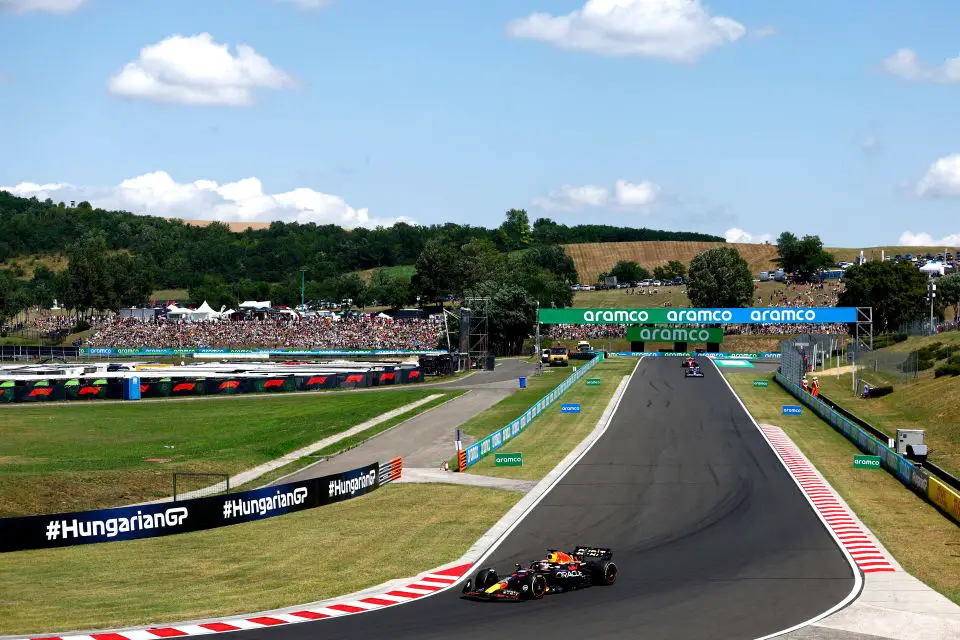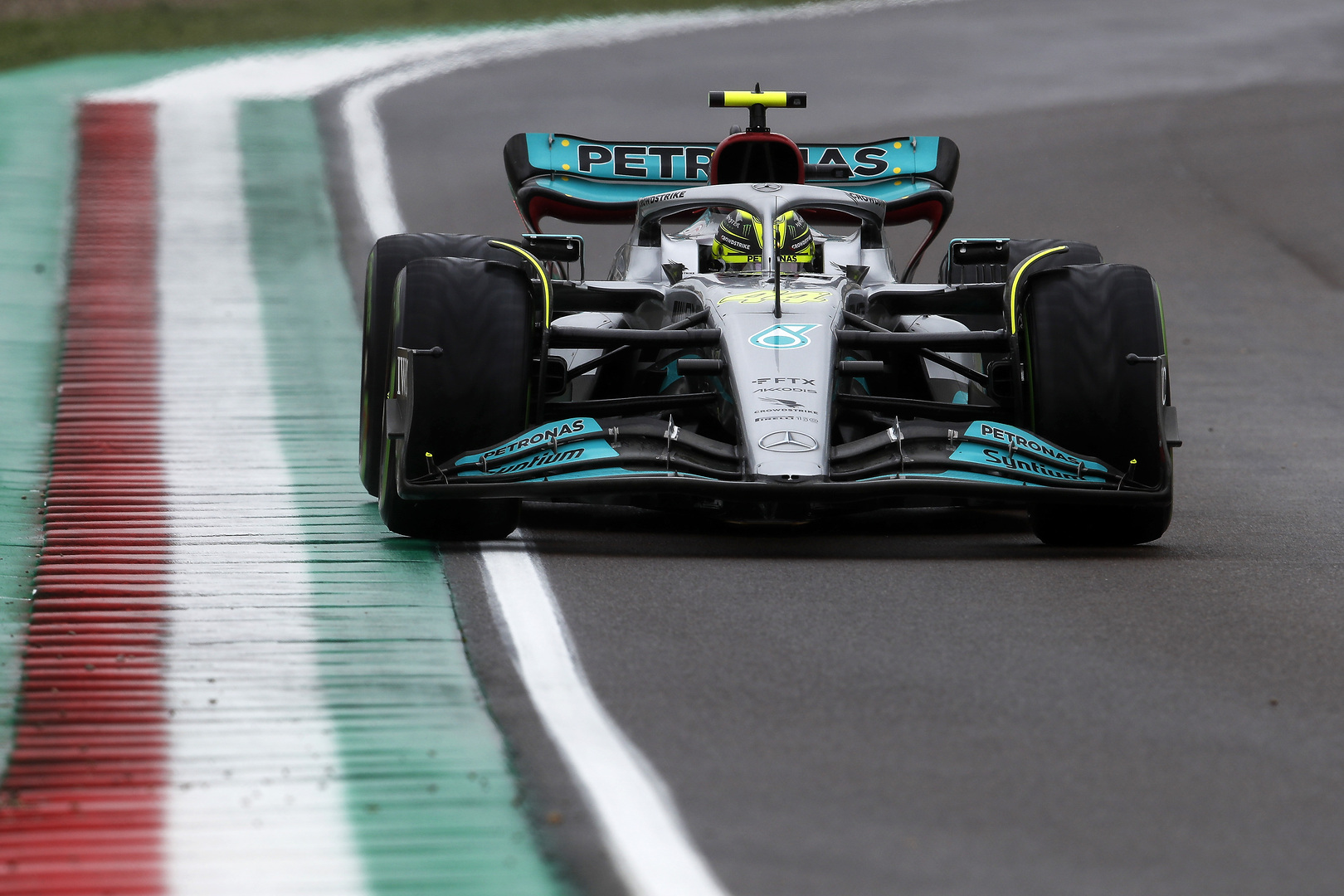Red Bull’s Horner Criticizes Mercedes and Ferrari’s 2023 Strategies, Emphasizes Surprising Decisions
In a revealing interview, Red Bull Team Principal Christian Horner criticized Mercedes for persisting with a failed concept in their 2023 F1 car and expressed surprise at Ferrari’s change in direction. Horner highlighted the unexpected strategies of both teams, contrasting them with Red Bull’s successful approach.
Key Takeaways:
- Persistence of Failed Concepts: Christian Horner expressed astonishment over Mercedes’ decision to continue with the ‘carried forward’ version of their W13 car, a concept that struggled in the previous season. He was equally surprised by Ferrari abandoning its successful previous design to emulate Red Bull’s approach.
- Toto Wolff’s Announcement and Red Bull’s Reaction: Horner described Mercedes Team Boss Toto Wolff’s announcement about abandoning their car concept as ‘dramatic’, indicating Red Bull’s unexpected advantage due to their rivals’ decisions.
- Red Bull’s Championship-winning Car: Despite creating a championship-winning car with a significant weight advantage over the 2022 model, Horner emphasized that Red Bull did not initially realize the full extent of their car’s potential, which became apparent only after several races.

Christian Horner, the principal of the Red Bull Formula 1 team, expressed his astonishment at the strategic decisions of two major rival teams, Mercedes and Ferrari, in the 2023 season. Horner’s comments came after Mercedes announced the continuation of their W13 car concept, a decision he found surprising given the car’s previous struggles. He was equally taken aback by Ferrari’s shift in strategy, moving away from their successful design of the previous year to follow Red Bull’s lead.
The ground effect era, which began in 2022, posed challenges for Mercedes, leading them to stick with a concept in 2023 that ultimately yielded no tangible results. This decision to continue with the ‘Zeropod’ concept, as Horner referred to it, was a significant point of discussion. In contrast, Ferrari, despite showing promising results with their car upgrades, decided to abandon their original concept and align more closely with Red Bull’s design philosophy.
When questioned about Mercedes Team Boss Toto Wolff’s early season announcement regarding the abandonment of their car concept, Horner commented, “Well, Toto [Wolff] tends to be a little dramatic anyway. I think what surprised us was that Ferrari had a very good car last year. And the natural evolution of that we expected it to be a very tight contender this year. We were very surprised to see Mercedes sticking with the concepts that had clearly failed the previous year.”
Red Bull, meanwhile, was unaware initially of the full capabilities of their car, which had a substantial weight advantage over its predecessor. Horner added, “Certainly, coming out of Bahrain, we felt like, ‘we’ve got a really good package here’. But we didn’t know whether it was circuit specific – temperature, conditions, asphalt. So, it’s only when you’ve had a sample of two or three and you’ve gone to a couple of circuits that have been more troublesome, certainly for us the previous year, like Melbourne for example, that suddenly you’re thinking, ‘ok, no, this is really together’. And so yeah, it takes a sample of a few races to get a clear overview. Nobody was coming out of Bahrain getting too carried away.”
Horner’s insights provide a unique perspective on the strategic decisions of the top Formula 1 teams, highlighting the dynamic and often unpredictable nature of the sport.


